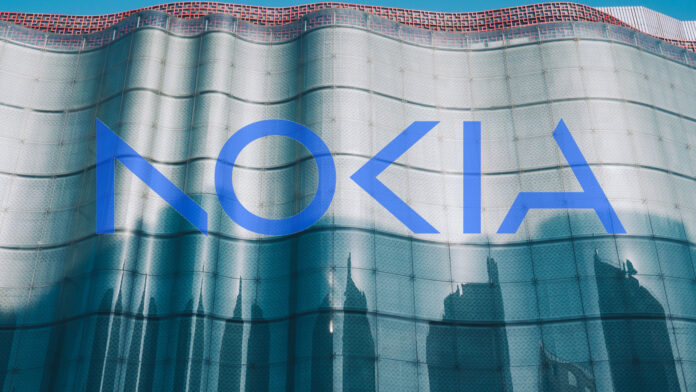Nokia has announced a go-to-market deal for its private edge networking system with US-based system integrator DXC Technology. The pair said they will bundle the former’s compute and cellular components with the latter’s network operations centre (NOC) and management analytics in a DXC-branded managed Industry 4.0 solution. DXC is targeting the manufacturing, energy, healthcare, supply chain and logistics, transportation, and education sectors.
They called it a “global, strategic partnership”, to deliver “increased automation, enhanced flexibility, operational technology (OT) data processing, and privacy needs”. The joint solution, branded DXC Signal Private LTE and 5G, combines Nokia’s Digital Automation Cloud (DAC) networking and Nokia MX Industrial Edge (MXIE) computing services with DXC’s Platform X edge management platform.
DXC’s Platform X provides monitoring and analytics, plus “enhanced” security. The Virginia-based system integrator, which has been selling Nokia DAC and MXIE products mostly in the CBRS market in the US so far, said it will sell the official joint-solution to enterprises in global markets. DXC has sold the solution, in its new incarnation, to six enterprises so far, it said. It claimed a “growing joint pipeline”, and “momentum with joint customer activity in the oil and gas, manufacturing and logistics industries”.
A statement declared: “The DXC Signal Private LTE and 5G solution offers a comprehensive hardware and software package, including RAN, core, OT-grade edge, CBRS and other dedicated spectrum, and a fully integrated network plan through a DXC managed services model. In addition, it integrates with Nokia MXIE… At the heart of the solution is a modern NOC powered by integrated AI and DXC Platform X, providing state-of-the-art monitoring and management capabilities for customers’ private wireless networks.”
Brian Miller, global lead for applications at DXC Technology, said: “Over the past year, DXC’s Signal Private LTE and 5G managed service has deployed a significant number of networks across diverse customer environments. Our customers are partnering with DXC in unlocking the full potential of private wireless networks to drive their digital transformations in environments where traditional networks can’t scale.”
Raghav Sahgal, president of cloud and network services at Nokia, said: “Building out a robust partner ecosystem is essential for enterprises to fully embrace Industry 4.0. Our go-to-market partnership with global system integrator, DXC, will be key to helping enterprises succeed in the digital economy by combining our strengths in sector knowledge and extensive technical and network experience.”
Meanwhile, Nokia said it has been selected by the Toulouse Metropolitan Area (Toulouse Métropole) to deploy a private, shared, multi-service 5G and IP/MPLS infrastructure. A statement said Toulouse Métropole will deploy a “sovereign 5G infrastructure” with a grant from the European Union’s Connecting Europe Facility, for the development of “projects of common interest for the deployment of secure and reliable very high-capacity networks (VHCN), including 5G systems.” Toulouse Métropole was one of 39 winners in the CEF Digital call-for-projects.
Nokia said it will deploy an “industrial-grade 5G private and IP/MPLS network”, as part of the so-called High Connectivity via 5G (Hi5) project in Toulouse. Nokia will deploy its marco-scale Modular Private Wireless (MPW) solution, initially to test multi-service use cases in a coverage area of 16 square kilometres, before being extended to the entire 400 soiree-metre metropolitan area sometime in 2025. A statement said: “The aim is to offer very high-speed mobile access services to innovation areas, improve municipal services and enhance public safety.”
The project outlines a number of use cases, including connectivity and group communication for public events; training of students in 5G applications; extending broadband connectivity to rural/underserved areas with poor fibre coverage; and real-time analysis of video streams to improve community security. The statement said: “The main objective… is to improve municipal services for citizens, establish a safer and more environmentally-friendly city, develop innovation zones and improve mobility services in the territory.”
Bertrand Serp, vice-chairman of Toulouse Métropole, said: “Toulouse Métropole… will now launch… a digital development of the metropolitan area that will protect local businesses from the explosion in operating costs associated with these new needs. It is based on granular infrastructures of fibre, routers and technical rooms to create a complete digital infrastructure. This will enable the development of sovereign and independent 5G communications to offer new use cases and develop the connected and sustainable metropolis of tomorrow.”

